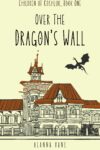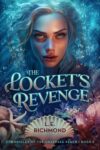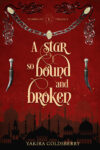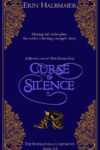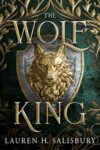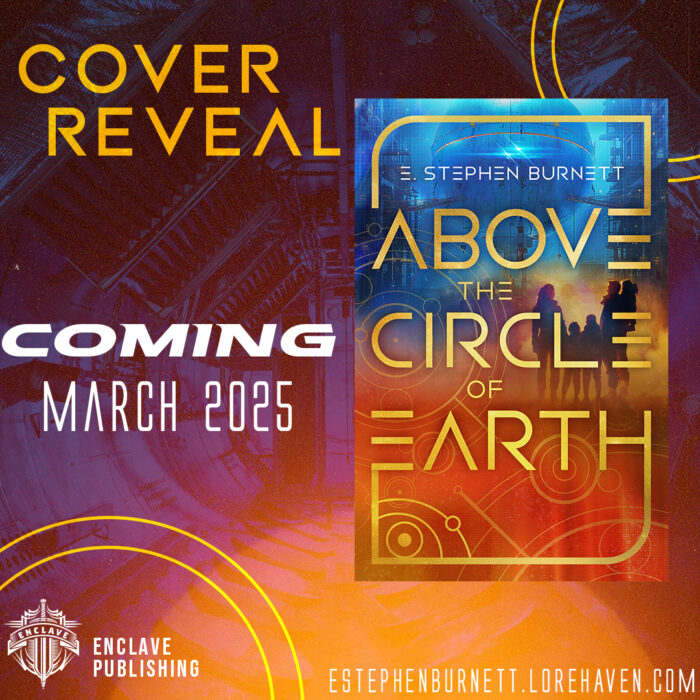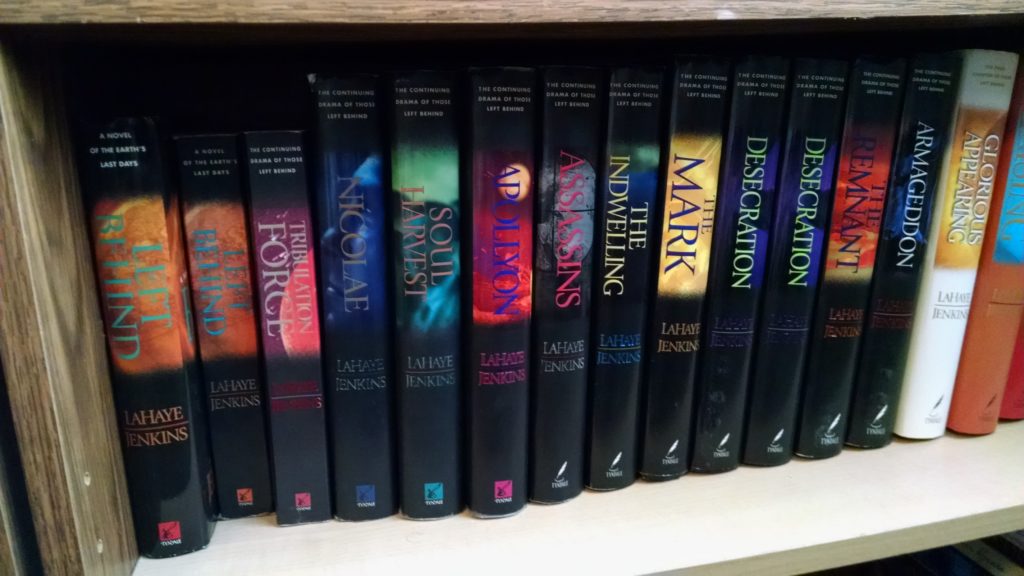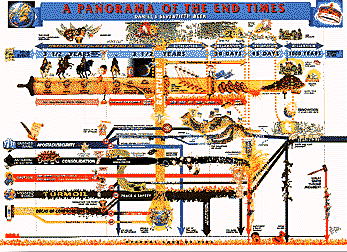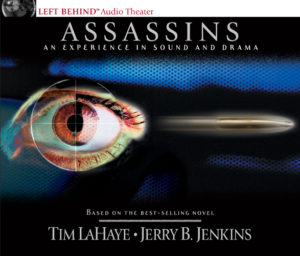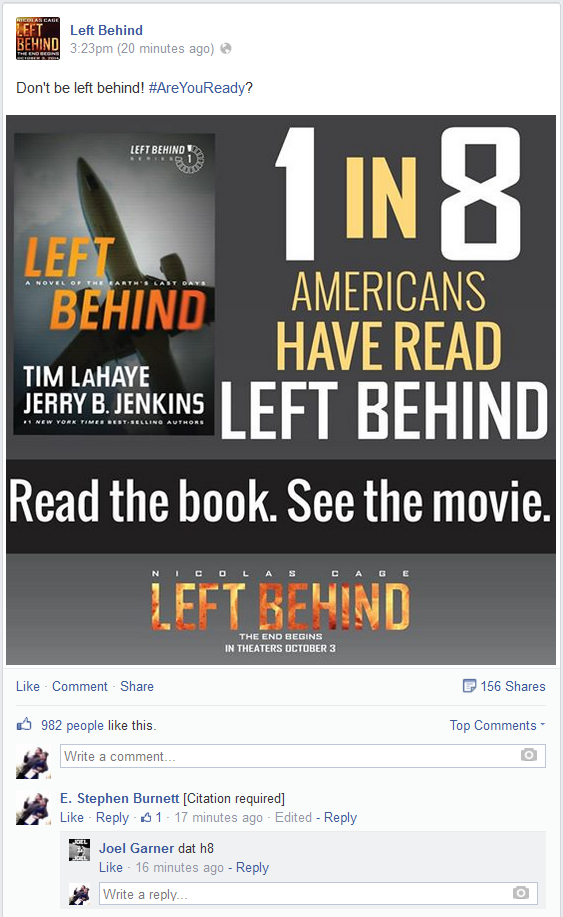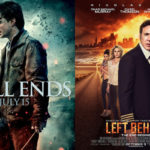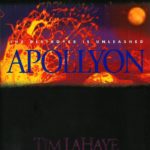Twelve Reasons The ‘Left Behind’ Series Is Actually Awesome, Part 2
One more day remains until the slightly-bigger-budget Left Behind film arrives in theaters.
My 17-year-old self would be thrilled, but my own reaction is slightly mixed.
No, I don’t want Left Behind to fail. In fact, I would much prefer the film to be a low-budget yet high-class, contemporary-fantasy exploration of a rapture1, according to contemporary evangelical end-times beliefs. This is the exact approach taken by Left Behind director Vic Armstrong, who stunt-doubled for Christopher Reeve and Harrison Ford and is now stunt-doubling as an evangelical.2 Now Armstrong is happily stunt-doubling for evangelicals, and he explained his perspective this way:
[My agent] David Gersh said, “Well, what about the religious aspect?” And I said, “What religious aspect?” […] He said, “Didn’t you find it strange when people disappeared on the plane and everything?” I said, “David, I did Starship Troopers, and I didn’t question it when great big bugs came climbing over the hill and ripped people’s heads off. That’s the world I live in!”3
That’s my perspective: Just because other evangelicals take the film so very seriously as a soul-saving campaign doesn’t mean that geeky Christians must mock Left Behind, root for the film to fail, or feel ashamed for enjoying the story. Instead we can enjoy the LB novels and perhaps even the film for what it is: fun, pulp-thriller fantasy.
I started this in part 1, so now let’s resume:
4. Action can be random but fun
The first time I heard a critique of LB’s fiction was from a friendly radio preacher named Dr. David Reagan of Lamb and Lion Ministries.
I have also found the writing style to be frustrating and therefore irritating in nature. That’s because it is based upon what I would call “chasing rabbits.” The author will develop a story about a character up to the point of climax, and then will suddenly drop the story and start developing another story line involving another character. That story line will also be brought to its focal point and then dropped for an abrupt transition to a third story line. At times, there are as many as five rabbits being chased at one time, with all the conclusions hanging in the air. Based on sales, this is obviously an appealing technique of writing to many people, but not to me.4
Okay, that’s true. In fact the prime LB author, Jerry B. Jenkins, admitted writing LB novels with no fiction outlines. But I’m not sure what else readers should expect. The LB series was meant to have only coauthor Dr. Tim LaHaye’s end-times charts as its basis for an otherwise loosely assembled pulp-thriller storyline.
But lower your standards a bit. Cease expecting an emotional journey like Les Misérables as Reagan mentioned, and you may be surprised. Again, I might be over-elevating my memory thanks to the fantastic LB Dramatic Audio series. But when the LB authors want enhanced action, they give it. Assassins has some of the best action sequences and holy-crap-from-Revelation moments—such as when two Christian pilots find their airplane besieged by invisible demonic horsemen. Then they land the plane in South Africa only to get besieged by non-invisible insurrectionists with guns. It’s an improvement from the repetitious car chases in books 3 and 4, Nicolae and Soul Harvest. Demon action > car chases, every time.
Also, people die, and die hideously and permanently. Some of we “Christian fiction should be grittier and more realistically violent” types should take note: all this was before 2005.
5. Gospel/‘preachy’ content is more natural
Critics who (rightfully and otherwise) decry forced and unnatural “come to Jesus or at least come to white middle-class evangelicalism” moments in evangelical fiction: the bestselling evangelical fiction series already had our backs, and we missed it.
There’s no way to write a straight-up fantastical interpretation of the book of Revelation and not include overtly Gospel-based content. In fact, doing otherwise would be dishonest. Imagine reading a revision of the Harry Potter series that included no charms and potions and broomsticks. Faith and belief fuel Left Behind as magic fuels the Harry Potter series.
As a potentially cantankerous Reformed-Christian, I could have a lot to say about how evangelicals venerate contemporary traditions such as altar calls, salvation professions, and testimonies with dates, times, and quantified verbiage about when you “accepted Jesus Christ.” But I cannot imagine the LB series without such simple categories of confession. If you repent and believe in Jesus Christ, you are with The Believers. If you don’t and you took the mark of the Beast, you’re with The Enemies. And if you are neither, you’re among The Undecided.
By the series’ later novels, these are official designations that head character rosters after the title pages. And bless ‘em, the authors try to be fair to The Undecided—even to the point of having Believers risk their lives for The Undecideds even if they join The Enemies. It’s a strange juxtaposition of evangelical “you’re in or out” labels (and all that this may imply) along with sincere empathy for characters who feel they don’t want to take a side.
6. Non-Christians devoured them
Perhaps that is why many non-Christian readers felt like they could enjoy the LB books, especially later volumes, and take the proselytizing in stride. Many evangelical novels try to be hipper than hip, falling all over themselves to appear non-religious — like a phony youth pastor — while speaking anyway in idiotically grinning evangelicalese. Not the LB series. Its novels effectively said: “Here’s a story based on ‘the’ Christian prophecies of the end-times along with a pulp-fantastical thrill ride. Want to join us?”
Reviews abound from non-Christians and plain atheists who enjoyed the LB series as a guilty pleasure. When I was in college I recall encountering more. And why shouldn’t they? I enjoy classic Star Trek episodes and straight-up atheist/humanist science fiction. Really, it’s interesting to see how America’s “other”-religious half lives. I hope non-Christian LB fans felt the same way — and also hope they know we’re not all believers in a “rapture.”
And as for all the grumpy Christians, like myself at times, who couldn’t stand the fact that LB was sharing our faith for us and causing others to believe that all Christians believe in “the rapture” (regrettable direct article and all)? Maybe we could have done something other than issue serious doctrinal disclaimers and write anti-LB tomes with mockeries of “end times madness.” Maybe we could have taken our own medicine about popular culture, story subversion, etc., and offered our own pulp-fantastical thrillers for a broader audience. Maybe LB critics could have done anything except be all “evangelical” in our overreactions.
Next week: exploring LB’s epic vision, cool covers, and diverse cast.
- Please notice I did not say “the rapture.” The choice of direct vs. indirect article matters. ↩
- And if you believe that only Christian directors should be allowed to make “Christian movies,” you’re gonna have a bad time A) finding these skilled Christian film directors, B) defending this belief from Scripture. ↩
- Exclusive: Nicolas Cage Flies Through the Rapture in the ‘Left Behind’ Trailer, Yahoo News, Aug. 5, 2014. ↩
- The Left Behind Books: Fact or Fiction?, undated article, Dr. David W. Reagan, Lamb and Lion Ministries website. ↩







